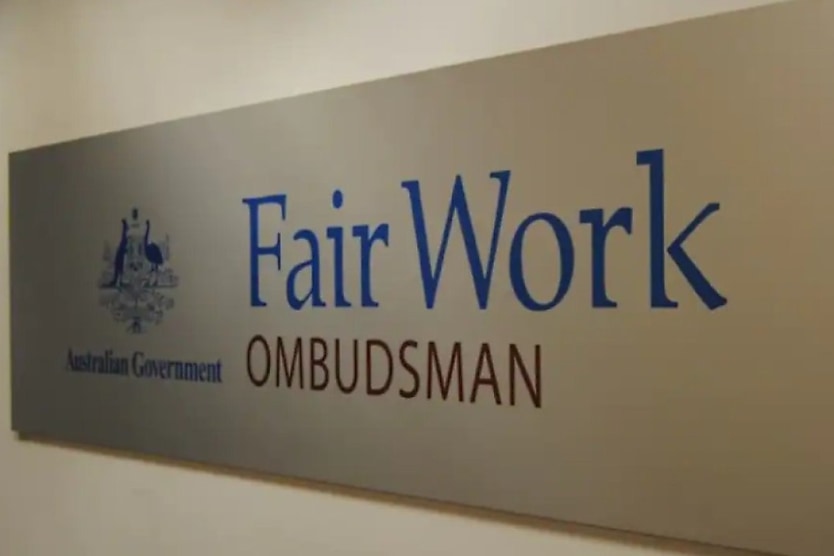Disability support services business operator again faces legal action
SHARE THIS ARTICLE

The Fair Work Ombudsman has commenced legal action for a second time against the operator of a disability support services business operating in southern NSW, highlighting a damaging trend.
A recent report brought to light the “systemic” underpayment of workers in the disability sector. Lead author Natasha Cortis revealed that many employees who were interviewed for the report did not know what they were legally entitled to under their respective award wages and that they were being grossly underpaid.
“It doesn’t really look like individual mistakes here, it looks systemic and institutionalised to us,” said Cortis.
Now, as the Fair Work Ombudsman (FWO) takes sole trader Kristy Leanne Tate, who operates Kreating Real Change Disability Services in Crookwell, to court, it shows just one example of alleged systemic failure playing out in real time.
Tate was investigated by a FWO regulator after receiving two requests for assistance. Tate employed both workers at her business in full-time home care positions for various periods between June 2020 and September 2022.
The inspector then issued a compliance notice to Tate in December 2022 after forming the belief that the workers were being underpaid their entitlements owed under the Social, Community, Home Care and Disability Services Industry Award 2010 and the Fair Work Act’s National Employment Standards.
It was believed that both workers were being underpaid minimum wages, overtime, annual leave entitlements, and public holiday penalty rates. One of the workers was also underpaid for afternoon shift loading, while the other worker didn’t receive the night shift allowance, which involves them sleeping over and taking care of their participant throughout all hours of the night.
The Fair Work Ombudsman alleges that Tate, without reasonable excuse, failed to comply with the compliance notice, which required her to calculate and back pay the workers’ entitlements.
Overall, it is alleged that the amount the employer was required to pay under the compliance notice was $13,878. Now, Tate faces a penalty in court for the alleged failure to comply with the compliance notice, which accumulates to $22,128 in penalties and back pay.
This case is only one of various accounts that have happened over the past couple of years. Cortis believes that rampant underpayment is the industry’s “dirty little secret”, and it can’t be ignored anymore.
“There’s an issue around the award wording, which makes it very easy for employers to under-classify and misrecognise skills.
“For this industry, it’s kind of like a dirty secret that the pay rates are so low for highly skilled work,” Cortis said.
For communities across Australia, the role of a disability support worker can be crucial for the individuals and families that need assistance. It is important that these workers are paid appropriately and that the value of the work they do is fully recognised and appreciated. Turning a blind eye to a seemingly widespread issue could have extremely detrimental effects on the sector.
RELATED TERMS
In the context of health experience, the International Classification of Functioning, Disability and Health (ICF) defines disability as an umbrella term for impairments, activity limitations and participation restrictions. It denotes the negative aspects of the interaction between an individual (with a health condition) and that individual's contextual factors (environment and personal factors).
Kace O'Neill
Kace O'Neill is a Graduate Journalist for HR Leader. Kace studied Media Communications and Maori studies at the University of Otago, he has a passion for sports and storytelling.

